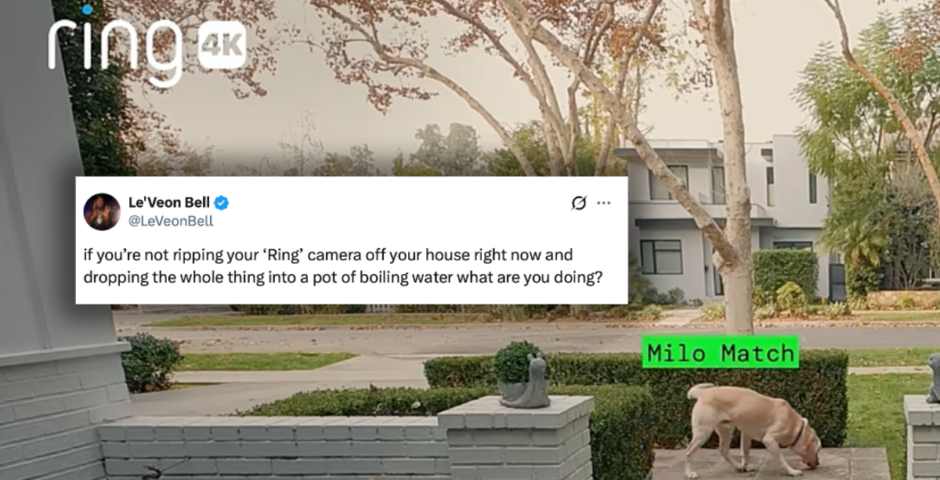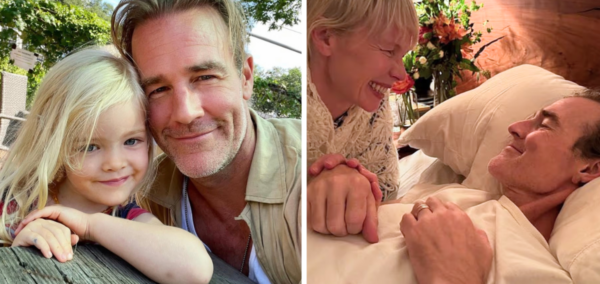
86 per cent of Edinburgh students say their studies are negatively impacted by technology
As a result, Gen Z are prioritising giving their children ‘a real childhood, rather than a digital one’
A poll of over 1,000 students by The Tab Edinburgh has found 94 per cent of students would not allow their children access to smartphones, with 86 per cent also saying that mobile phone use had negatively impacted their studies and mental health.
These figures come alongside a growing concern among Gen Z regarding the dangers of unrestricted internet access for children.
Gen Z’s status as “digital natives”, meaning those who grew up with access to phones and computers since birth, has given them a unique stance on the effects that such access has on children.
Many have recounted experiences with being exposed to upsetting online content at a young age, including “gore” videos (vivid or graphic content showing extreme violent scenes such as beheadings), pornography and far-right rhetoric, part of the “far-right pipeline”.
Smartphone Free Childhood, a charity working to pressure the government and tech companies on their responsibility to “protect childhood”, report that 90 per cent of girls and 50 per cent of boys have been sent explicit content they don’t want to see.
The charity told The Edinburgh Tab about their experiences with older Gen Z’s attitudes towards allowing children smartphone access: “If you speak to people around age 15 and ask ‘What age would you like your younger sibling to get a smartphone?’, it will invariably be older than the age they got one.
“We’ve heard 18-20 year olds saying there’s no way they’d allow their children to have smartphones, given the experiences they’ve had”
Most Read
Ellie, a second year student at the University of Edinburgh, told The Edinburgh Tab that was first exposed to pornography and gore at a very young age: “I was about nine. It was so common for people to send each other these extreme videos – I specifically remember a group of people at school finding it very funny to send each other videos of mass shootings
“I found it very upsetting but I think seeing stuff like that so much does numb you. I think now seeing traumatic stuff online definitely doesn’t affect me as much as it should do, because I grew up seeing such extreme stuff.”
A survey conducted among thirteen to seventeen year olds found the average age at which children are first exposed to online pornography is now twelve years-old, with 15 per cent of respondents having first seen porn when they were below the age of ten.
Sophie*, 18, a first year student at the University of Edinburgh told The Guardian about being sent “extreme and traumatising” videos by her classmates as a child. She says: “As a teen I would have been the biggest advocate on everyone having a phone, but I’ve 100 per cent changed my opinion”
“Until you’re an adult and able to recognise the many ways in which people act deviantly to advance their own interests, you should not be online. The minute there is instant messaging I think it gets dangerous.”
In March, Netflix’s Adolescence drama sparked a national conversation regarding the dangers of online misogynistic radicalisation. There has been much media coverage regarding the influence of the ‘manosphere’ on younger generations, the term given to online communities promoting misogyny and opposing feminism.
Recent research found 60 per cent of Gen Z men to have said that “men are being expected to do too much to support equality”, raising questions about the influence of online activity on Gen Z’s changing social views.
Speaking to The Edinburgh Tab, James, a second year Edinburgh student, remembered being exposed to misogynistic ideology online as a child: “I was part of that group of people who were really into that subset of the internet, these YouTube commentary channels which were really, really far-right
“The videos were, looking back on them, literally just making fun of women and minorities and advocates for equality of any form. I remember watching them at a very young age, around 11, and it really did impact my social and political views – misogynistic content was the norm
“I wouldn’t have held those sexist views if my internet access was restricted. A lot of people I know wouldn’t have come to hold those views if we weren’t on the internet so much.”
A Smartphone Free Childhood representative told The Edinburgh Tab: “Misogyny is just one strand of a whole rainbow kaleidoscope of harmful online content for children. There’s obviously anorexia content, suicide content – every day there’s influencers making kids or even adults feel like they’re not enough and need to be different from who they are.”
The charity also noted the harms unique to Gen Z girls, at a “crucial stage” in the development of their identity: “11-13 year olds girls are statistically a particularly sensitive age in terms of the development of their identity, that is the time to avoid influencers being their main influence.”
A recent trend has emerged among Gen Z of switching to flip or “brick” phones, attracted by their relative lack of functionality and the complete absence of social media.
Ellie switched entirely to a flip phone for a few months to “physically stop myself from scrolling, which I found incredibly addictive. Even if I deleted Instagram or TikTok, I would still find myself scrolling on shit like the weather app.”
She says having a flip phone “significantly improved” her mental health, but that she reverted back to a smartphone due to “sheer inconvenience”.
Asked if she would allow her children access to smartphones, Ellie says: “No, absolutely no. I would probably let them have a flip phone. I would not let them have social media, definitely not. But a smartphone is just so important to living nowadays, it’s really hard to quit forever.”
Regarding the future of smartphone use amongst childhood, Smartphone Free Childhood said: “We are in a moment of where the regulation hasn’t caught up with the tech, the speed of change has been so fast – we’ve only had these technologies for 15 years and the wheels of government move incredibly slowly.”
“We feel very sure, as do the MPs we speak to, that more regulation is inevitable, it’s just that it takes a really long time to get there, and we have to keep pushing as a grassroots movement”
Finishing on a hopeful note, the charity told The Edinburgh Tab: “We’ve got no doubt that in the coming years there will be – globally – a lot more protection for kids.”
“Right now the system is working out really well for tech companies, they’re making a lot of money from children from selling their data – and it’s not working out very well for kids.”
Featured image via Robin Worrall on Unsplash.
*Names have been changed for anonymity




















